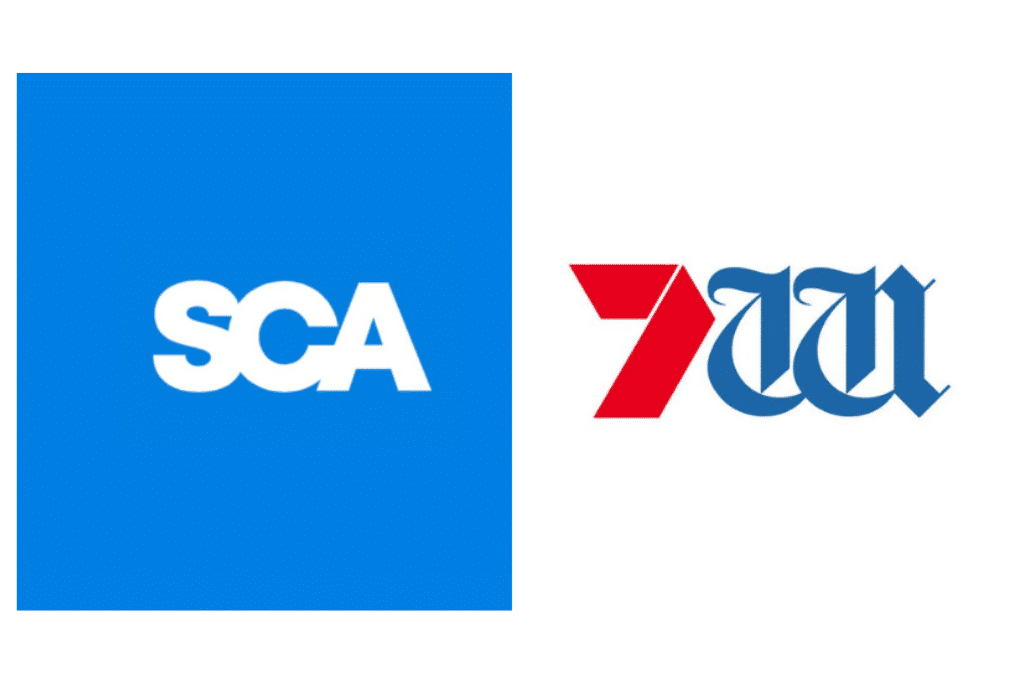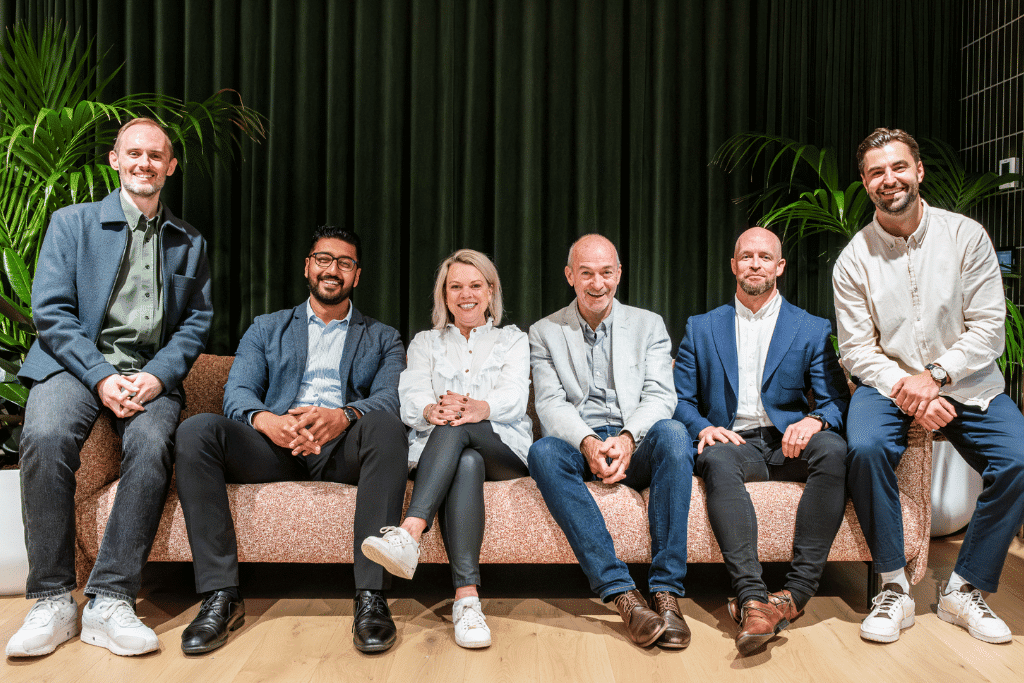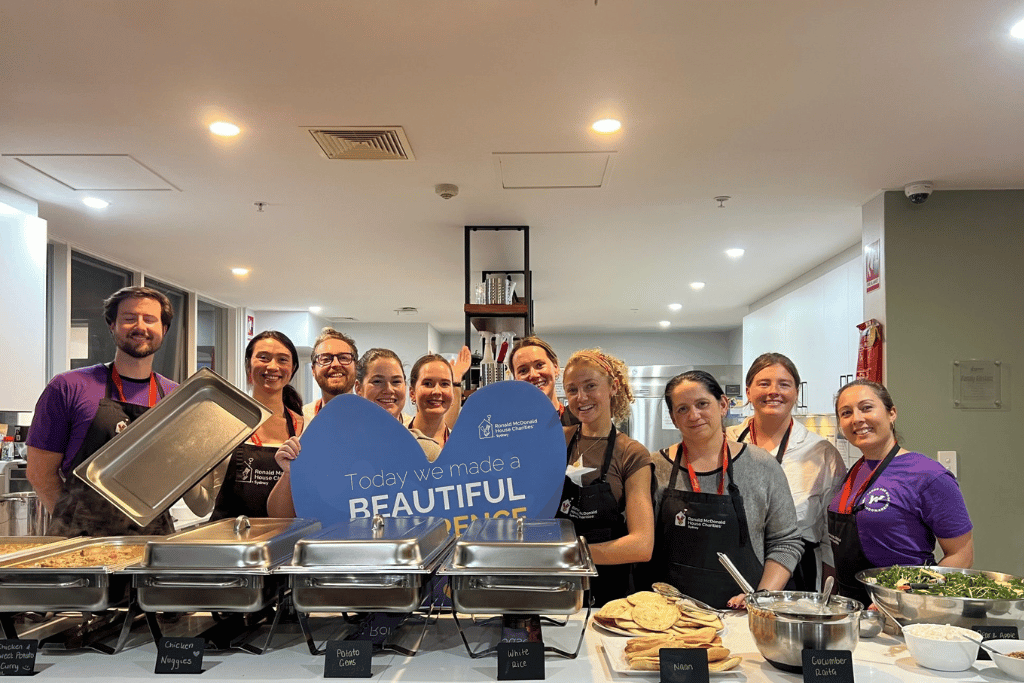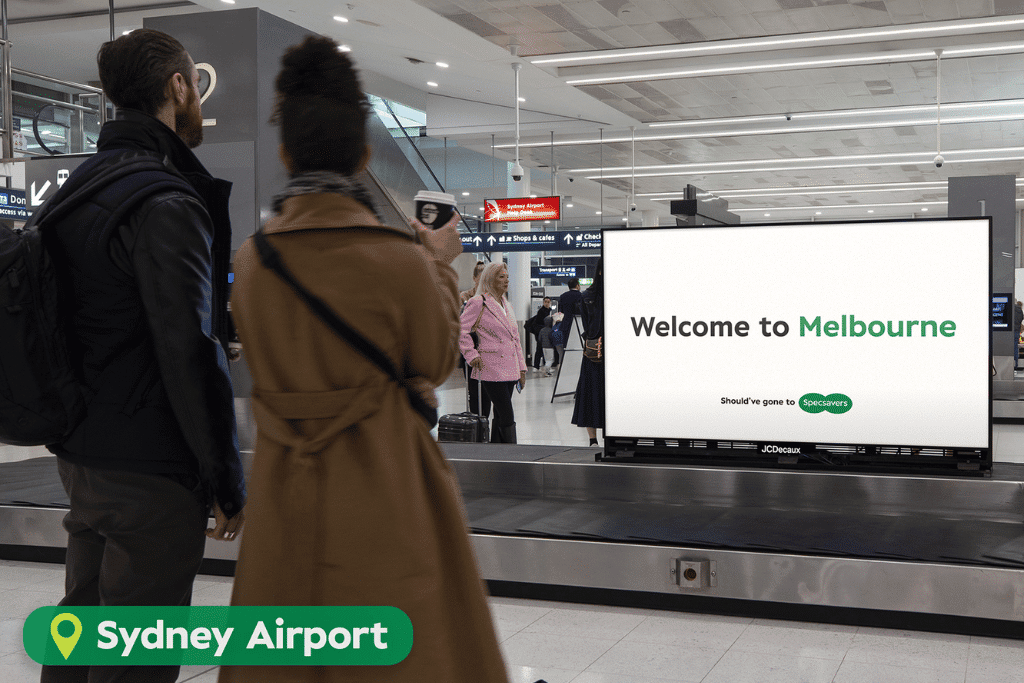
If you’re interested in a media or advertising career, there are many paths you can take to get noticed by employers.
Every day we talk to people in the industry at junior and senior levels and everyone’s path in the industry is so different. If you’re passionate about it, here are some steps you can take to make employers take notice of you.
- Online Courses and Certifications:
- Explore online platforms like Coursera, LinkedIn Learning, or Skillshare for courses in media, advertising, marketing, and related skills. Local industry bodies such as The Media Federation of Australia, iab and the IMAA offer courses as do employers themselves e.g. The Trade Desk Academy.
- Look for certifications from reputable organisations or platforms, such as Google Ads Certification, Microsoft Ads or HubSpot Content Marketing Certification. The name of the game is to show employers that you have skills and knowledge you can apply from day one. The best part is there are a tonne of courses that you can do for free. (Oh, by the way, learn Canva too!)
- Build a Portfolio:
- Create a portfolio showcasing your skills and projects. Include examples of advertising campaigns, design work, copywriting samples, or any relevant projects you’ve worked on. If you haven’t worked on any, make some scenario-based examples up. Remember, employers want to see the thinking you put into something.
- Make sure your work is commercial. Remember an employer wants to look at your work and immediately think ‘Oh yes! I can see how that would’ve worked for a recent job we just did’.
- Networking:
- Attend industry events, workshops, and networking functions. Connect with professionals in the advertising field to gain insights and potential opportunities.
- Ok. Many of us (especially us introverts) hate networking. That’s fine. Just make yourself known to people. This is the advertising and media industry – people will not mind you approaching them.
- Internships and Entry-Level Positions:
- Look for internships or entry-level positions in advertising agencies, marketing firms, or related industries.
- Emphasise your passion for the industry, your willingness to learn, and any relevant skills you’ve acquired. Keep in mind, these can be hard to get especially when companies are operating in challenging times so if you come across an opportunity, give it everything.
- AI and Data
- AI and Data are two major topics in the industry at the moment. AI can be used in a number of ways e.g. copywriting, creating social posts etc. Data drives a lot of decision-making on where money is spent so if you have a flair for Excel, pivot tables, number crunching etc. lean on that.
- Create a Personal Brand:
- Develop a personal brand that reflects your passion for advertising. This could include a professional LinkedIn profile, a blog, or a strong presence on relevant social media platforms. A lot of big personal brands are being built on TikTok at the moment so that could be a good place to start.
- Seek Mentorship:
- Identify professionals in the advertising industry who may be willing to mentor you. Their guidance and insights can be invaluable as you navigate your career path. A lot of people enjoy giving back. They built their own advertising career and want to help the next generation. Again, don’t be shy, Ask! The worst that’ll happen is someone says no.
Remember that the advertising and media industry values creativity, innovation, and practical skills that can be put to use straight away. In tougher times like we’ve been experiencing recently, employers have less ability to hire newbies who they have to train so make sure you can sell the narrative that you are good to go today!
Given that you can access so many courses today for FREE, all you need to invest is your time. In a few months, you could have certifications from all of the major players in the industry without spending a penny. This is the best news – you have full control over how good you get.
By building a strong portfolio, gaining relevant experience, and networking with industry professionals, you can increase your chances of breaking into the field without a formal education. If you choose to go back later to get your diploma or degree, even better but perhaps by then you’ll know the industry is the place for you.
Photo by Cookie the Pom on Unsplash
CONTINUE READING
Related Articles
Here’s a selection of additional articles that may interest you. If there are industry news items, opinions or learning resources you’d like to see here, let us know.










